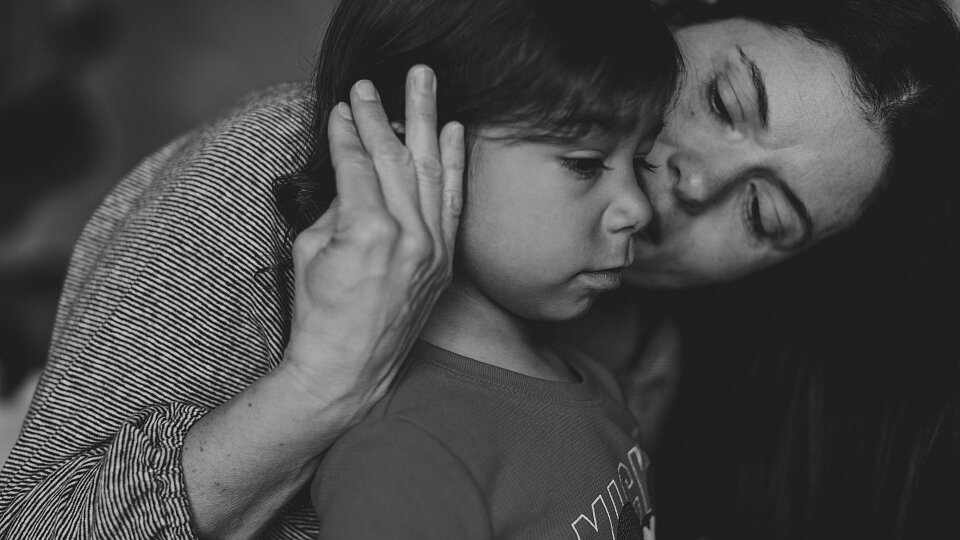This is Your Sign Not to Foster Impulsively
You've probably come across those posts urging you to "take this as your sign to foster." However, I'm here with a different message: consider this your sign not to foster impulsively. Having first-hand experience in foster care, I am wary of having a foster parent, chosen on a whim, as my safe person during my time of crisis.
While I acknowledge the need for more foster parents, I also believe it's not a role suited for everyone. Providing a stable environment for a kid who has undergone significant trauma is a big responsibility. Placing a child in a home where fostering is merely a duty influenced by peer pressure or financial motives could be detrimental to their well-being.
If you've read this far, here's a friendly reminder: not everyone is cut out to be a foster parent, but that doesn't mean you should turn away from the crisis affecting 400,000 kids in care. There are various ways to support foster families and children beyond becoming a foster parent. From delivering meals after a placement to helping with household chores, the support foster families need is diverse. Many families experience a sudden increase in children from two to four within hours, especially when dealing with kids traumatized by separation from their first family. Parenting in such circumstances is challenging, and having a community for emotional support or respite care is crucial.
Drawing from my personal experience in foster care, where I was under the care of someone motivated solely by income, I stress the importance of motives in fostering. Volunteering as a foster parent means committing to standing in the gap for vulnerable families for as long as needed. Often, a child in foster care has a plan to reunify with their family, and your role is to provide emotional and physical support during this process.
Additionally, being a foster parent means volunteering to support a family in crisis. Understand that they may struggle or make decisions you don't agree with. If they were a fully functional family, the kids wouldn't be in foster care, and your support becomes crucial in helping them navigate through challenging times. Keep this in mind to avoid forming biased opinions.
If you find yourself uncertain about embarking on the journey of fostering, it's essential to reflect on the following questions:
-
Motivation for Fostering:
- Why do I aspire to become a foster parent?
-
Comparisons and Empathy:
- Do I hold the belief that I am inherently superior to the families whose children I may potentially care for?
- Can I empathize with the realization that under different circumstances, I could be in the same position as these families?
-
Advocacy and Attachment:
- Am I prepared to be a strong advocate for the child and their family?
- Can I invest emotionally, giving 100% of my energy and care, even knowing that the child may eventually leave my care?
- Do I acknowledge that the child is not mine, understanding the temporary nature of the foster relationship?
-
Self-Care and Evaluation:
- Am I committed to taking care of myself to be the foster parent the child needs?
- Will I actively evaluate my own struggles to identify their potential impact on parenting and take necessary steps for personal growth?
-
Understanding Trauma:
- Do I grasp the concept that trauma profoundly affects the child's body and shapes their every experience?
Answering these questions honestly and thoughtfully will provide valuable insights into your readiness and suitability for the significant responsibility of fostering.
Resources/Books: What Happened to You? by Dr. Bruce Perry and Oprah and The Body Keeps Score (a textbook not meant to be read cover to cover) by Bessel van der Kolk


